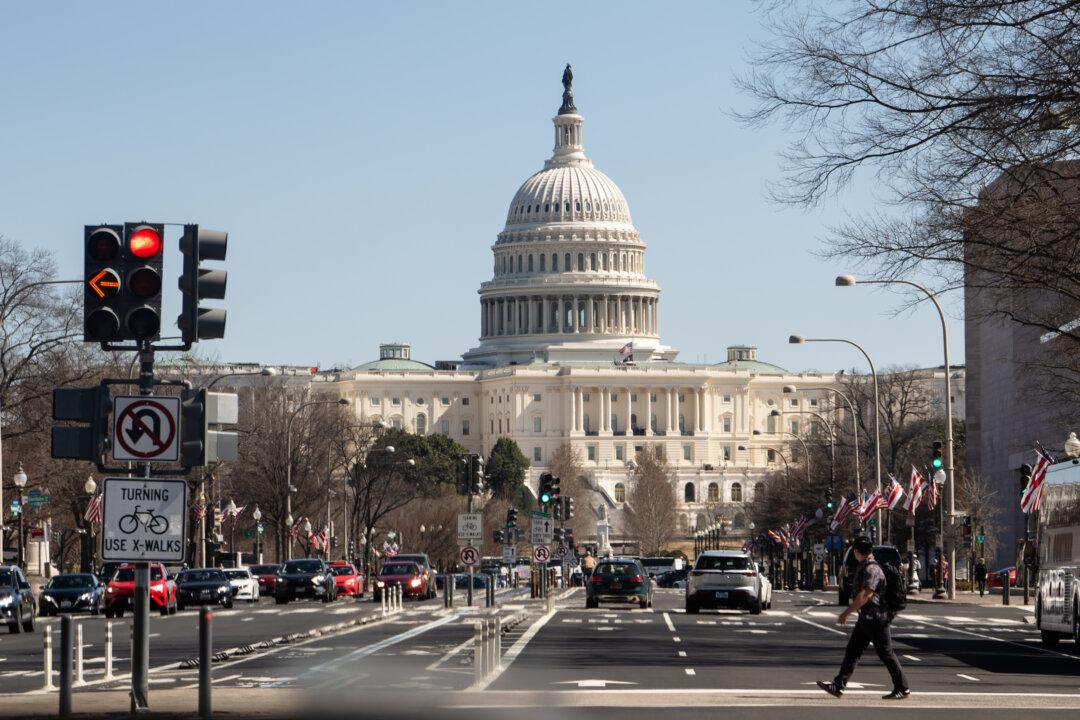The House of Representatives passed legislation on March 27 that would require American colleges and universities to disclose all foreign gifts and contracts from countries of concern, as part of an effort to increase transparency and curb foreign influence in U.S. higher education.
The bill, H.R. 1048—formally titled the Defending Education Transparency and Ending Rogue Regimes Engaging in Nefarious Transactions (DETERRENT) Act—passed on a bipartisan 241–169 vote.





